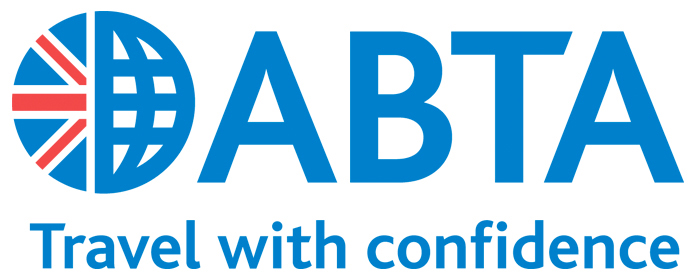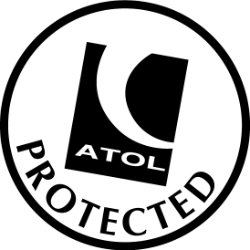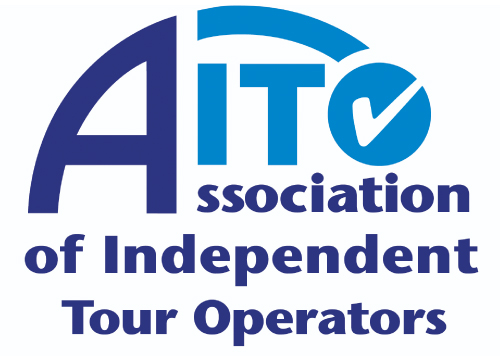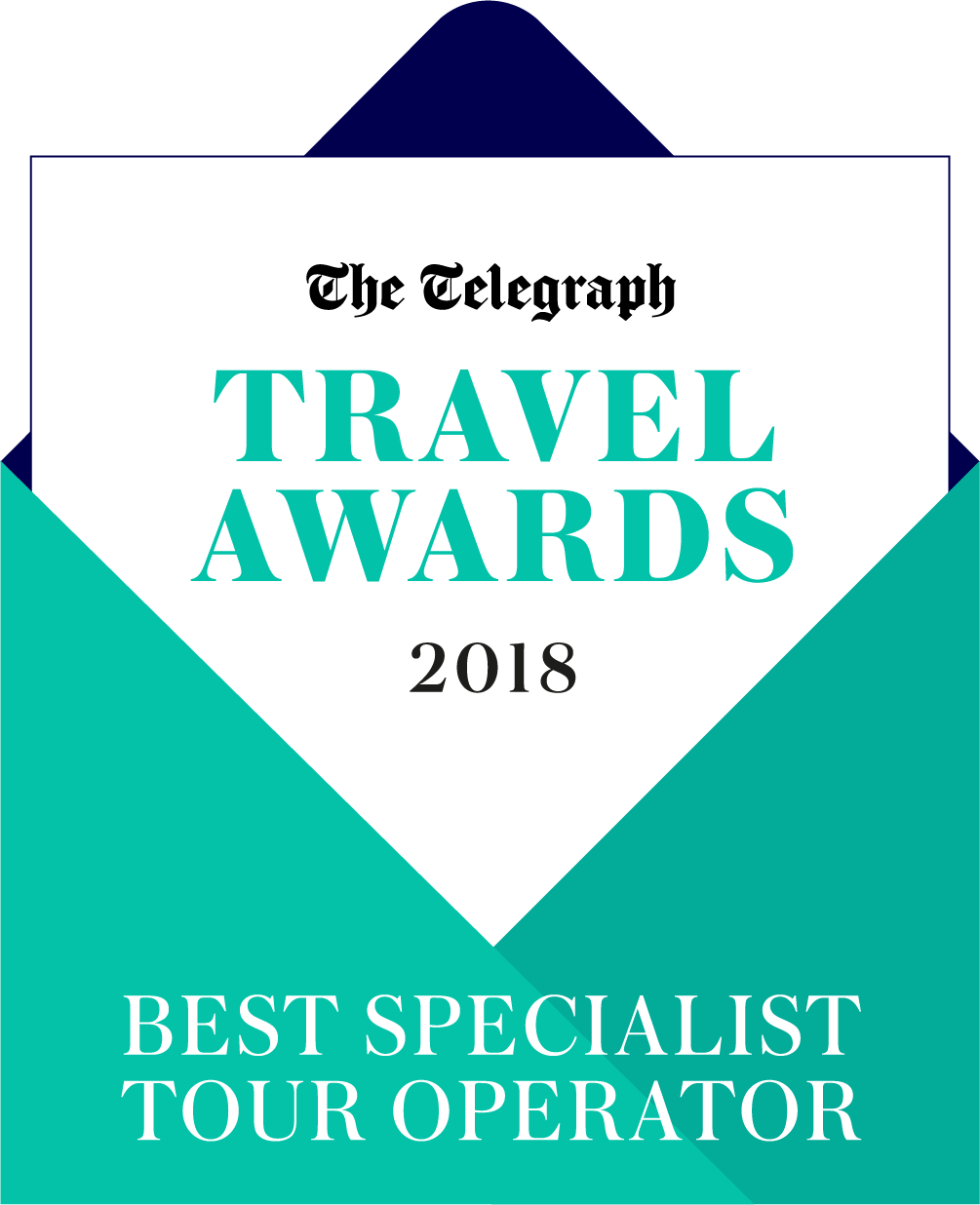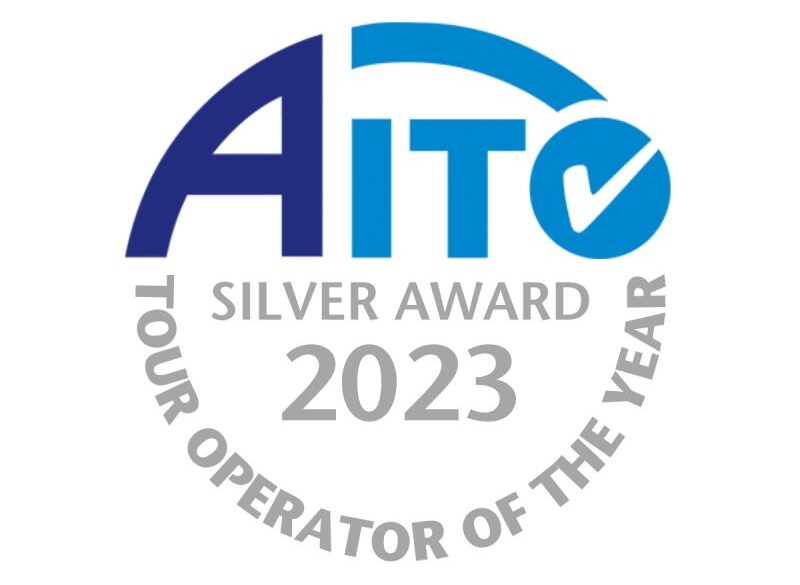Here’s our list of Travel Essentials for the Philippines: visas, money, health, language, keeping in touch, and more. If you have additional questions, do get in touch. Our Philippines expert is only too happy to talk about all things Philippines travel.
Visas
Visitors from most countries do not need a visa. For passport-holders of more than 150 nations, your passport will be stamped upon arrival with a permit to stay for 30 days. Should your trip exceed 30 days, you may be able to purchase a 59-day visa on arrival at the airport.
Currency
The Philippine Peso is the local currency and it can be withdrawn from ATMs or exchanged around the country fairly easily. There is one significant exception: Palawan. Exchange rates on Palawan are quite poor and outside of Puerto Princesa, there are few ATMs. In El Nido, there is only one that accepts foreign cards and it routinely runs out of cash. For those traveling to Palawan, we strongly recommend exchanging or withdrawing money in Manila. Outside of Manila, US Dollars are the easiest to exchange.
Credit cards are accepted in most hotels and resorts but in places where power outages are common (including Palawan and parts of the Cordillera), cash is preferred. A fee of up to 5% may be charged for the use of a credit card in some places but this should always be disclosed before you provide your card.
Vaccinations & Health
We advise you to make a travel appointment with your local medical team for the most up-to-date and accurate information. For most travelers, antimalarial tablets are not advised but there are exceptions. We recommend consulting the NHS Fit for Travel page as it has much more detail about immunizations and provides a malaria map of the country.
Mosquito repellant is readily available in chemists throughout the Philippines but we recommend bringing some with you to avoid spending your holiday time shopping for it.
Insurance
A policy to cover theft, loss, and medical issues is a must. Please visit our page on travel insurance for further information. It is a good idea to photocopy and scan all relevant documents – passport, travel insurance policy, etc – and leave one copy at home. Carry another copy with you separate from the originals and digital versions in your smartphone.
Language
Tagalog and English are spoken throughout the country along with at least 8 other major languages and many more dialects. Some counts are as high as 170! The Tagalog word for thank you, salamat, will be understood and appreciated everywhere you go. We’ll always provide you with English-speaking guides and drivers. In the Cordillera, you may find fewer people speaking English than elsewhere but there’s always someone nearby who does.
Internet & Telephone
You will find WiFi in most hotels and in some restaurants, bars, and cafés. Outside of cities and in all of Palawan, WiFi may only be available in your hotel’s reception and common areas. Access can be limited and quite slow in these areas but we find it’s usually sufficient for email and chat applications such as WhatsApp and Facebook Messenger. Uploading photos may need to wait until you pass through Manila or return home.
If your phone is unlocked, you may wish to purchase a local SIM card. Cards from Globe and Smart are available at all international airports and purchasing a data package for a one or two week trip is quite affordable. As with WiFi, you may not have very good (or any) reception in parts of Palawan, northern Luzon, and small islands such as Apo Island and Siquijor in the Visayas.
The country code for the Philippines is +63. If you are calling within the Philippines from a local number, you may need to add a 0 at the start of the sequence. To dial the UK, dial +44 or 0044.
Time Difference
Philippines is 8 hours ahead of GMT during the winter and 7 hours ahead when daylight savings time is in effect in the UK.
Electricity
The standard voltage is 220 and standard frequency is 60. Most electrical outlets accept two prong flat and round plugs. Three-prong flat plugs of the type used in the U.S. will fit in some but not all outlets.
Driving License
When renting a car or scooter, you’ll need to show your home license if it’s printed in English. If it’s printed in any other language, then an International Driver’s License is required.
Laws, Customs, and Culture
The Philippines is a very relaxed place and you are unlikely to raise any eyebrows over what you choose to wear. Shorts/skirts and vest tops are generally acceptable and swimwear on beaches is quite normal. Outside of Boracay, we think you’ll be more comfortable covering up when leaving the beach or resort. Walking down the street in a bikini will almost definitely earn you a few concerned looks. You’ll see many Filipinos wearing long trousers and shirts to protect themselves from the sun. You may even see faces covered for the same reason. No one expects you to follow suit and you’ll see plenty of Filipinos dressed in shorts, too.
Safety and security are taken seriously throughout the country. Metal detectors and security staff are in place at many large businesses including shopping malls and some hotels and resorts. In many airport and some ferry terminals, bags will be scanned before you can enter the terminal. In airports, a second scan may be in place for carry-on bags.
Tipping
Tipping in the Philippines is usually modest. In restaurants where a 10% service charge is included in the bill, there is no expectation to leave more. If the service was exceptional and you wish to tip on top of this, we suggest leaving the small notes you receive as change (20 or 50 Peso notes). Where a service charge is not included, leaving 10% (up to 250 Pesos) will be well received. Wages are low in the Philippines and tipping is highly appreciated.
Festivals and Holidays
Christian, Muslim, and Chinese holidays are all recognized in the Philippines along with a number of secular holidays. Chinese New Year, Holy Week and Easter, Christmas, and the New Year all see spikes in prices and increased tourism throughout the nation. Hotels and resorts are often fully booked for these periods many months in advance. All Saints and All Souls Day at the start of November; the secular Rizal Day on 30 December, New Year’s Eve, and New Year’s Day all cause businesses to close and traffic to ease as people stay home to visit family or take a holiday. Festivals such as Sinulog in Cebu, MassKara in Bacolod, and Ati-Atihan in Kalibo draw large crowds which clog traffic and fill hotels. Attending one of these colorful festivals can be great fun but requires a fair amount of advance planning.
